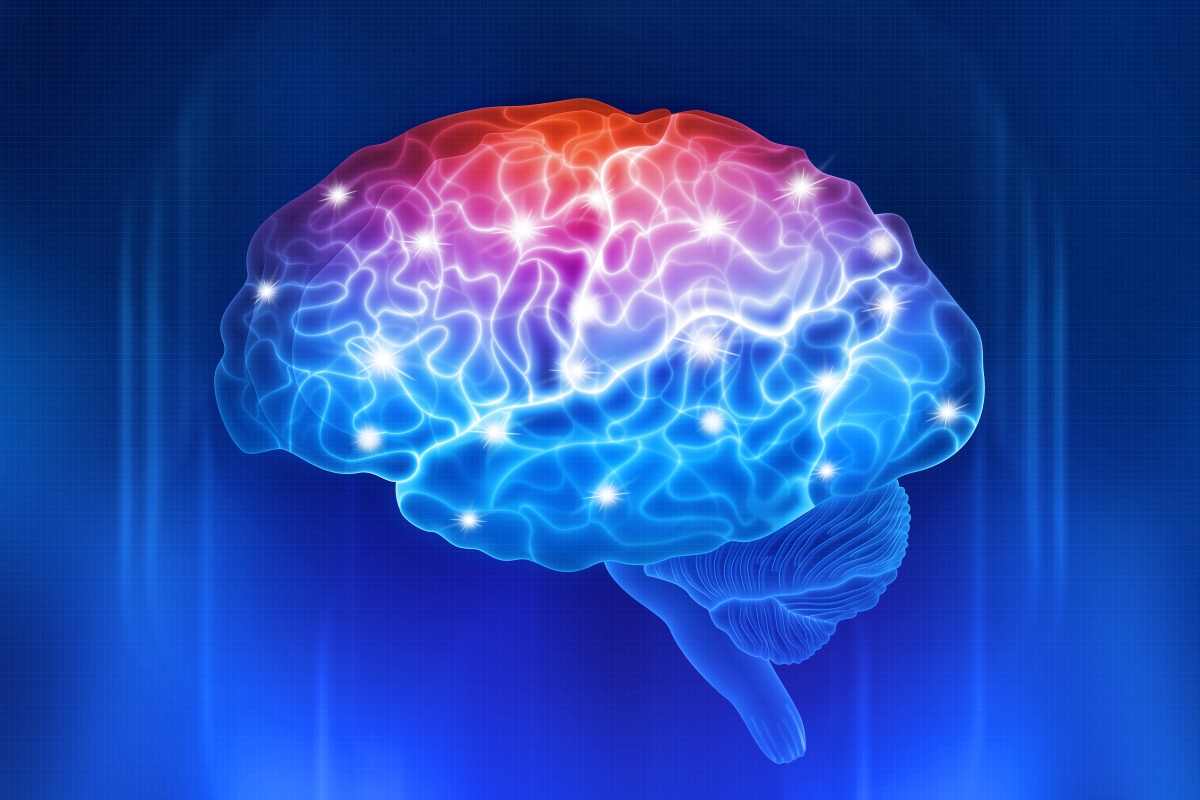A role for microglia in mediating the microbiota–gut–brain axis
It is becoming increasingly recognized that the brain’s natural immune cells, known as microglia, actively contribute to the onset and progression of several neurological and neuropsychiatric disorders. Consequently, significant research efforts have focused on strategies to target, reduce, or modify the abnormal behavior of microglia found in these diseases, though success has varied. The gut microbiota has recently emerged as a crucial modulator of microglial activity throughout the life course. This article by Keane, Clarke, and Cryan (2025) proposes that the interaction between gut microbes and microglia may significantly enhance our understanding of brain-related disorders. It highlights the latest research on gut–microglia communication, especially regarding microglial diversity and functional roles, and explores how these interactions may influence central nervous system diseases. The discussion also includes the current challenges, potential applications, and clinical relevance of this evolving field. [NPID: Microglia, gut microbiota, brain disorders, immune cells, neuropsychiatric diseases, microglial heterogeneity, gut–brain axis]
Year: 2025
 Navigation
Navigation







